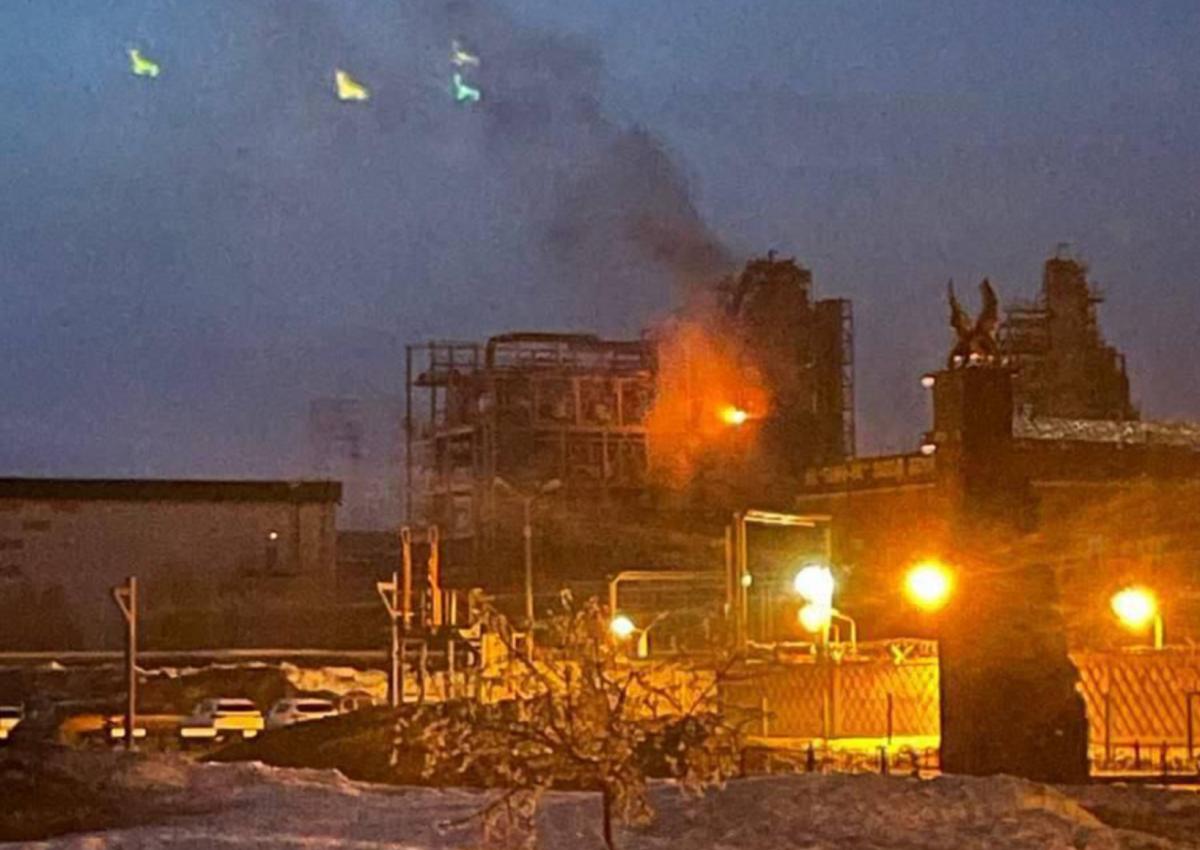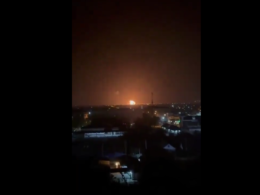US Defense Secretary Lloyd Austin cautioned that Ukraine's recent attacks on Russian oil refineries risk impacting the delicate balance the US has sought to maintain between squeezing Russia's energy exports and keeping global markets adequately supplied to manage inflation and support a soft landing for the world economy, Bloomberg reported.
The statements come amid Ukraine’s intensified offensive against Russia's oil infrastructure to disrupt fuel supplies to the Russian military and reduce the Kremlin's war-funding revenues from petroleum exports.
In testimony before the Senate Armed Services Committee, Austin suggested that Ukraine would better focus on military targets that directly influence the current conflict rather than infrastructure deep within Russian territory, according to Bloomberg.
Republican Senator Tom Cotton pushed back against Austin's remarks, accusing the Biden administration of discouraging effective Ukrainian action for political reasons, namely to avoid higher gas prices in an election year, Bloomberg reports.
The exchange highlighted the ongoing challenge for the US in navigating the competing priorities of supporting Ukraine's defense efforts, pressuring Russia economically, and mitigating the domestic and global economic fallout from the conflict.
Austin also reiterated the administration's plea to Congress to approve additional military aid to Ukraine, emphasizing the domestic economic benefits of such aid in terms of boosting defense industry jobs across more than 30 states.
How US officials reacted to Ukraine’s attacks previously
The US administration has expressed concern to high-ranking Ukrainian officials that the attacks on Russian oil facilities could lead to a surge in global oil prices, which have already climbed by about 15% to $85 per barrel this year.
Some US officials also perceive Ukraine's aerial offensive as a means to pressure the US government into green-lighting the crucial $60 billion military aid package for Ukraine, which has been held up by Republican lawmakers in Congress for an extended period.
Ukrainian drone assault on Russian oil industry
The latest drone attack targeted an oil refinery and a drone manufacturing facility in Russia's Tatarstan region, which lies approximately 1,250 kilometers away from the Ukrainian border, making it the deepest attack into Russian territory during the ongoing war.
This year, Ukraine escalated its attacks on Russian oil refineries and fuel depots since January 2024. Here is the short timeline of major attacks:
- On 23 March, a fire broke out at the Novokuibyshevsk oil refinery in Samara Oblast after explosions, likely from a drone strike
- On 17 March, drones struck the Slavyansk oil refinery in Russia’s Krasnodar Krai.
- On 16 March, drones hit three oil refineries in Russia’s Samara Oblast.
- On 15 March, suicide drones attacked an oil refinery in Russia’s Kaluga oblast.
- On 13 March, drones hit an oil refinery in Ryazan.
- On 12 March, Ukraine carried out a coordinated drone offensive, hitting and damaging at least two Russian oil assets – a refinery in Nizhny Novgorod Oblast and a fuel depot in Oryol.
- On 6 March, an oil depot in Kursk came under drone attack.
- On 14 February, a Kursk oil depot was ablaze after a drone strike.
- On 9 February, kamikaze drones targeted oil facilities in two Russian regions, hitting the Ilsky and Afipsky oil refineries in the Krasnodar region and an oil depot in the Oryol region, causing a severe fire at the Ilsky refinery and damaging a primary processing unit valued.
- On 3 February, residents of Volgograd, Russia, reported two explosions, with the Governor stating that Russian air defense units allegedly intercepted drones targeting an oil refinery.
- A vacuum distillation column at an oil refinery caught fire in Russia’s Tuapse City overnight on 25 January.
- On 18 January, Ukrainian drones attacked an oil depot in the Russian city of Saint Petersburg.
- On 31 January, a drone hit an oil refinery in St. Petersburg.
- On 18 January, Ukrainian drones attacked an oil depot in the Russian city of Saint Petersburg.
Related:




